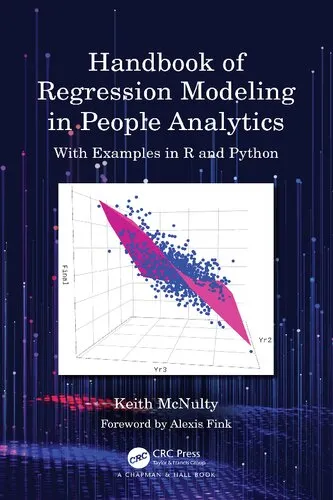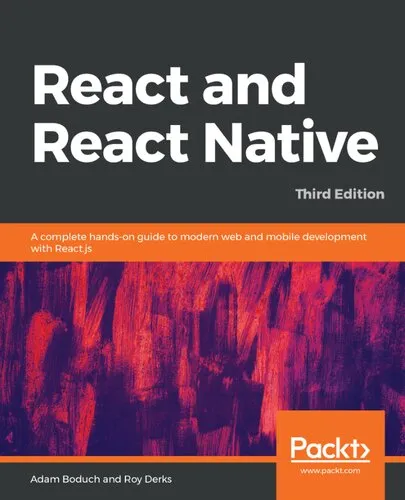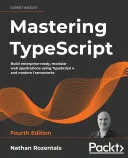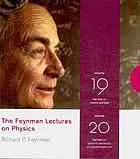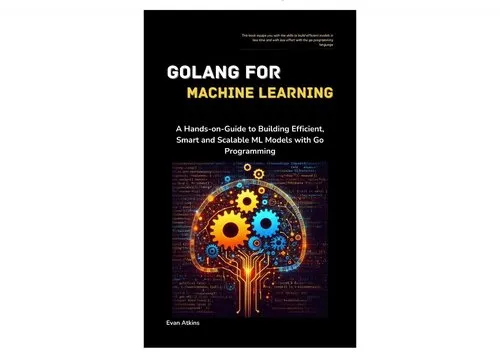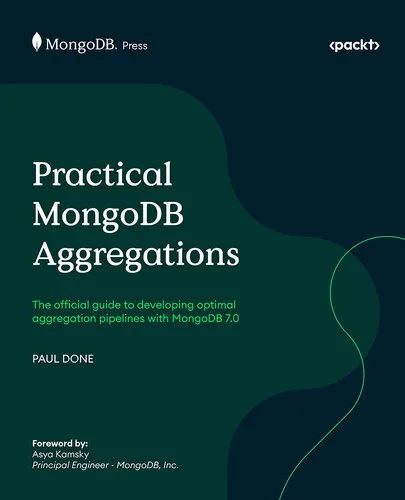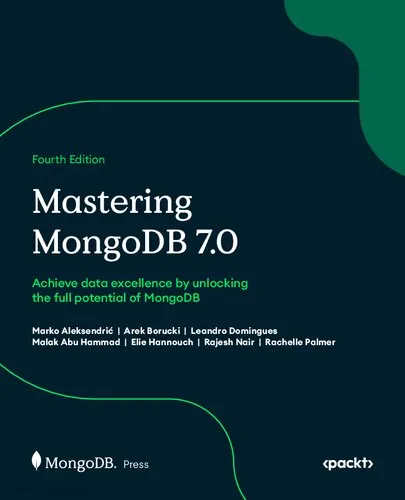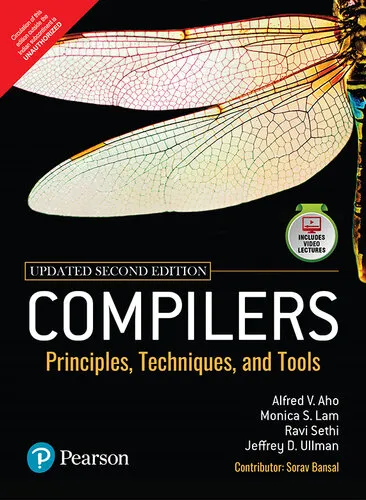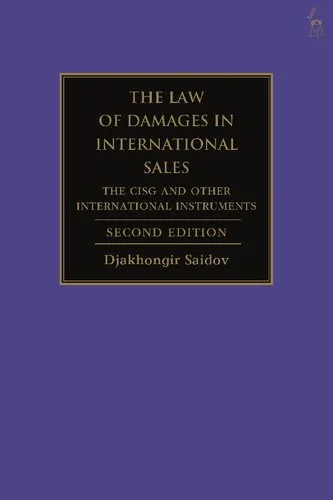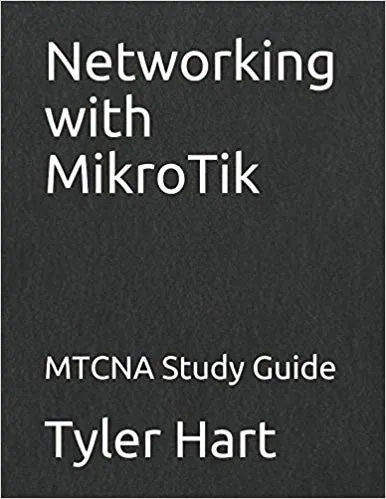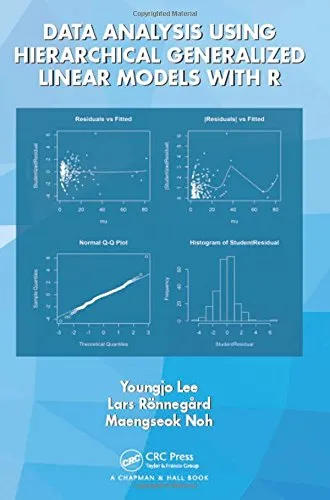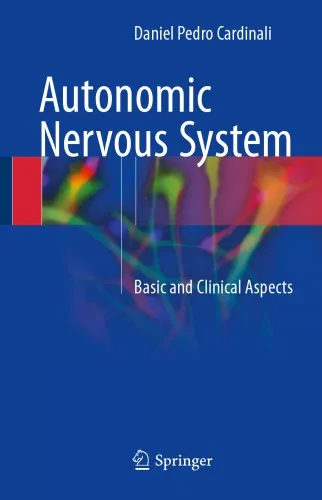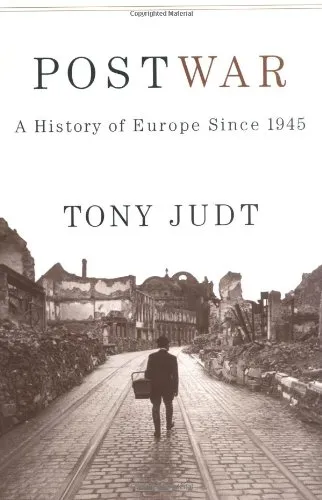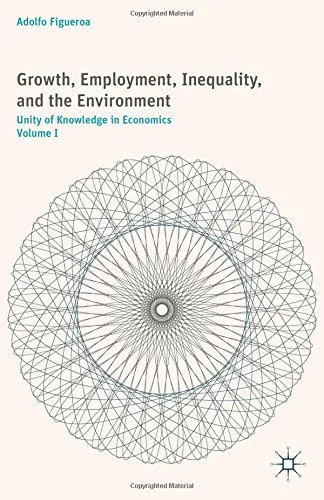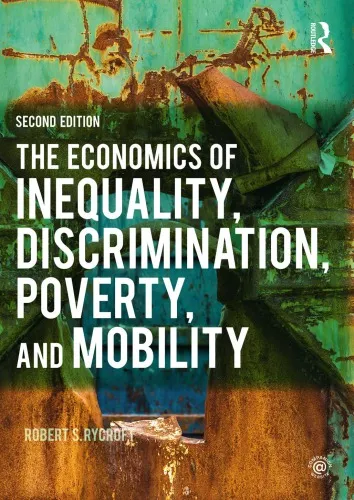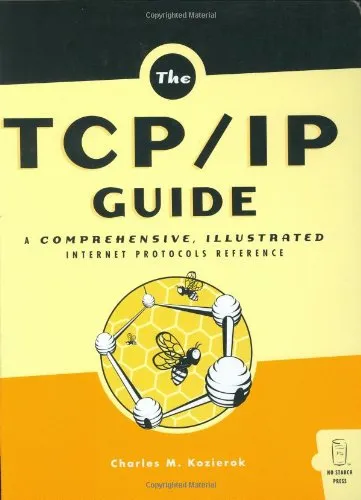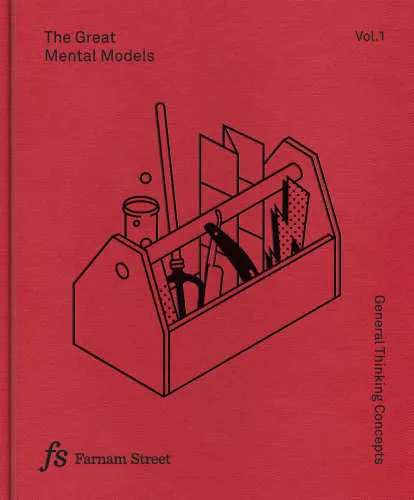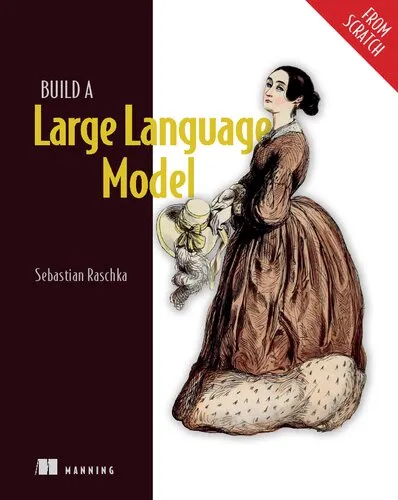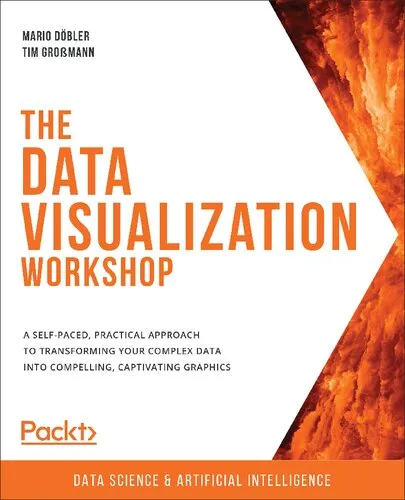The Journal of Economic History
4.4
Reviews from our users

You Can Ask your questions from this book's AI after Login
Each download or ask from book AI costs 2 points. To earn more free points, please visit the Points Guide Page and complete some valuable actions.Related Refrences:
Analytical Summary
The work presented in The Journal of Economic Historypp.100—126 is a scholarly contribution by Leonard Caruana and Hugh Rockoff, delving deeply into the evolution of economic history through a targeted lens. The section’s pages present a refined blend of economic analysis and historical narrative, examining the intersection of policy decisions, institutional frameworks, and macroeconomic trends as they unfolded over time. It stands as an important snapshot of the discipline’s maturity, offering readers a clear path into academic debates and historical interpretations that continue to influence contemporary thought.
While the precise publication year for this segment is information unavailable due to no reliable public source, the text nevertheless sits firmly within the established tradition of economic historiography. Caruana and Rockoff engage critically with data, archival materials, and competing interpretations, ensuring that the arguments rest on sound empirical foundations. This analytical balance makes the section an ideal resource for academics and professionals seeking to deepen their understanding of economic heritage and policy evolution.
In its construction, the narrative addresses both the immediate historical circumstances that frame monetary policy decisions and the broader intellectual contexts. It uses case studies to exemplify methodological approaches and to showcase the tension between quantitative evidence and qualitative historical insight.
Key Takeaways
Readers of The Journal of Economic Historypp.100—126 can expect a wealth of insights that advance the comprehension of economic history’s methods and findings. The section distills complex historical data into digestible, relevant analysis without sacrificing scholarly rigor.
First, it reinforces the vital role of institutional context in shaping economic outcomes across time. Second, it underscores the methodological importance of cross-referencing archival evidence with economic theory. Third, it provides a nuanced discussion of how policy interventions can have unintended consequences, both in the short and long term. Fourth, it illustrates the interconnectedness of domestic economics and international forces during critical historical junctures. Finally, it invites modern scholars to engage with longstanding debates, fostering continuity and innovation in the discipline.
Memorable Quotes
"Historical data, when read with precision, reveals the often hidden paths of economic change." Unknown
"Institutions do not merely administer policy—they embody the economic values of their era." Unknown
"Economic history bridges the gap between numerical evidence and the human narratives behind it." Unknown
Why This Book Matters
The importance of The Journal of Economic Historypp.100—126 lies in its rigorous contribution to the field of economic historiography, a discipline that shapes our understanding of past economic systems and informs today’s policy debates.
By meticulously examining historical sources, Caruana and Rockoff offer readers not only case-specific insights but also methodological guidance. Such guidance enriches the analytical toolkit of economists, historians, and policy analysts. The article’s emphasis on monetary policy analysis speaks to the perennial relevance of these themes: understanding historical policy decisions is crucial for anticipating future economic challenges.
This section’s balanced approach demonstrates how complex historical trends can be unpacked through careful research and critical interpretation, an inspiration for anyone involved in academic inquiry or professional economic analysis.
Inspiring Conclusion
In synthesizing its scholarly analyses, The Journal of Economic Historypp.100—126 stands as a guiding beacon for readers committed to exploring the layered complexities of economic history.
Its rich discussions on institutional frameworks, monetary policy evolution, and historiographical methods make it highly relevant to academics across disciplines. Readers are encouraged to not simply absorb its findings, but to engage actively—share interpretations with peers, integrate insights into ongoing research, and apply methodological lessons to contemporary challenges. If you seek to understand the nuanced narrative of economic change, your next step is to delve into this work, reflect upon its arguments, and contribute to the ever-growing conversation around the discipline.
Free Direct Download
You Can Download this book after Login
Accessing books through legal platforms and public libraries not only supports the rights of authors and publishers but also contributes to the sustainability of reading culture. Before downloading, please take a moment to consider these options.
Find this book on other platforms:
WorldCat helps you find books in libraries worldwide.
See ratings, reviews, and discussions on Goodreads.
Find and buy rare or used books on AbeBooks.
1324
بازدید4.4
امتیاز0
نظر98%
رضایتReviews:
4.4
Based on 0 users review
Questions & Answers
Ask questions about this book or help others by answering
No questions yet. Be the first to ask!

